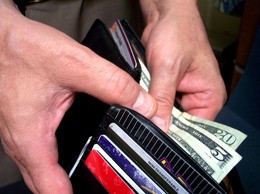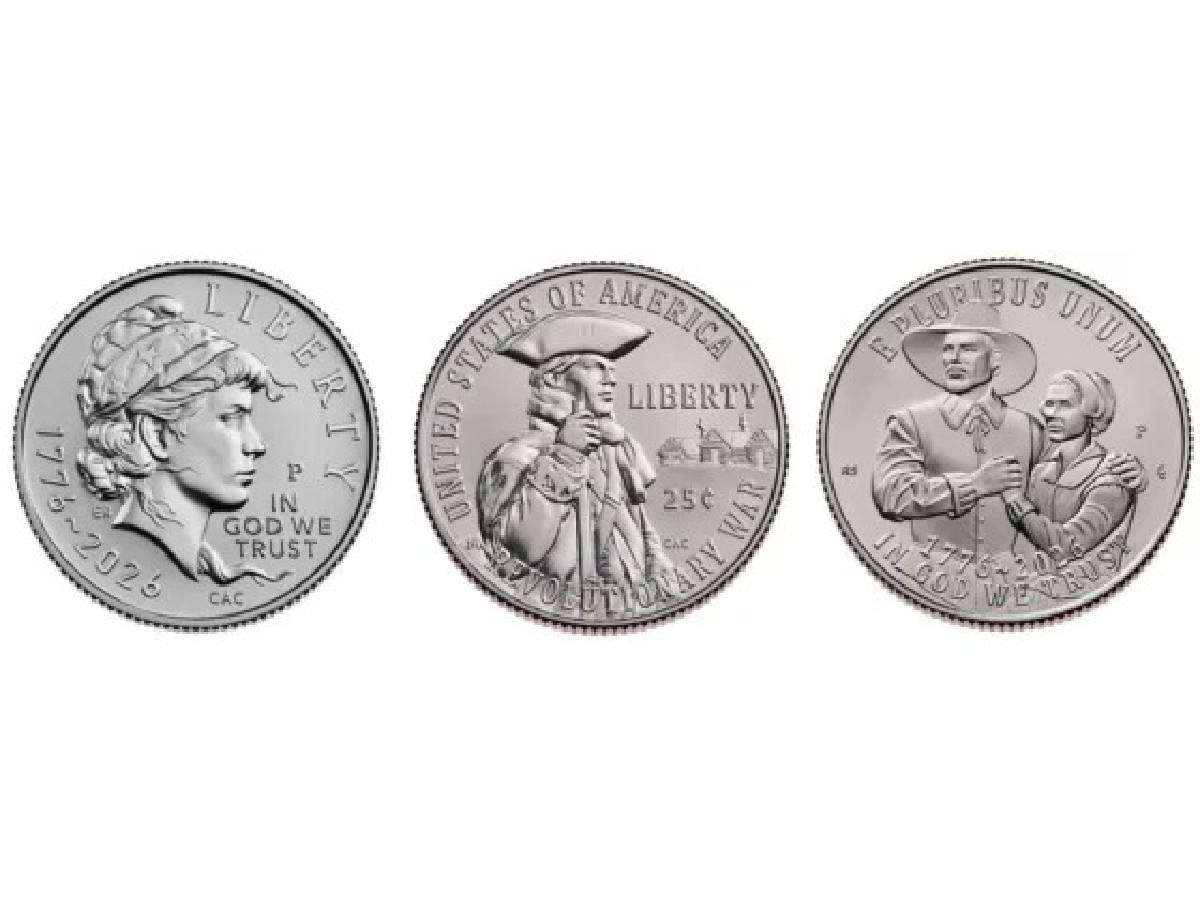 Selling coins is something that must be done with careful consideration beforehand.
Selling coins is something that must be done with careful consideration beforehand.
After all, you wouldn’t want to sell your coins for the wrong price, or wind up having to hang onto them for longer than necessary because you chose the wrong (and uninterested) market for selling your coins.
I have sold coins many times over the years. Every time I sell my coins, these are some of the things I factor into my thinking before I commit to selling them:
- Is it time to sell my coin?
- Will I want it later on?
- Am I trading up for a better coin or simply want cash for the sale?
- What is my coin worth?
- Does the coin have any problems?
- Where should I sell it?
- Is it time to sell my coin?
That last one – is it really time to sell my coin — is an important one.
Do you want this coin anymore? Should you hang onto it longer because it may fetch a higher price later on? Maybe it will be a coin you will want later on.
You see, before selling your coin, you may decide that now just is not the time. You may want to wait and see if you might still want — or need — the coin for your collection.
Coin values fluctuate, and maybe your coin would bring in more money if you waited to sell it. Or, perhaps, the coin’s value is on the way down, and the earlier you sell it, the more money you will make. This kind of question can be very hard to answer, but it is always best to research trends if investment matters are coloring your decision to sell.
Things To Know Before You Sell Your Coins
1. Are you selling your coin simply because you wish to upgrade it?
A lot of collectors do this, as have I. There are numerous coins I have sold to dealers over the years simply because I wanted a better example of the coin, or another that is of higher value.
Some dealers may give you relatively more if you are trading your coin up. If you desire a higher-grade coin, see if you might get more for it if you buy the upgrade during the same transaction with the dealer, as well as of course, the extra money to cover the difference in the quote the dealer offers for your coin — plus the cost of your new acquisition. At any rate, be sure the dealer to whom you sell actually works with coins like yours.
2. What is your coin worth?
This is perhaps the most frequently-asked question I have come across within online coin dealer message boards.
You must consult coin value guides before you sell your coin. Let me say that again: read a good coin value guide before you sell your coins! Do not sell your coins while blind to their value. This can lead to disappointment, and you might even be taken advantage of by an unscrupulous buyer who knows the value of your coin but believes you to be naive.
3. How much will a coin dealer give you for your coin?
“The Handbook of United States Coins,” famously called the “Blue Book,” is published by Whitman and is perhaps the most popular guide to prices a coin dealer will likely offer you if you were to sell your coins. Note that the values in these books are considerably lower that the retail prices quoted in “A Guide Book of United States Coins,” another popular Whitman publication (often called the “Red Book“) or in most any other price guide.
Simply put, coin dealers cannot offer full retail value to those selling coins to them because dealers must pay the rent, cover overhead, and take in profit—and legitimately so, too. One option you do have as a coin seller would be to utilize eBay.
A Word About Selling Coins On eBay
I have bought and sold many coins on eBay over the past year or so, and have found the forum to offer a truly mixed bag of results for me.
- In the worst case, I got a few dollar less than I would have gotten from a coin dealer had I sold the same coin that way.
- In other cases, I actually sold some coins for full retail value.
The question to ask is: are you up to marketing your coins on eBay?
If you think you can handle taking photos or making high-quality scans of your coins, as well as keeping communication with bidders and the eventual auction winners, and safely shipping your coins promptly after the sale, then you may want to give eBay a shot. But know that it may be a gamble for you.
Coin dealers usually offer immediate cash (or sometimes checks), but they may offer less than you can get on eBay. And they might be more discriminating buyers than you will encounter on eBay.
eBay can render you more for your coin, or it can bring you less than your coin would fetch at a dealer.
You will have a much broader market on eBay, but you need to be sure to list your coin as honestly and as objectively as possible to keep things on the up and up and not result in a customer complaint. Complaints will lower your reputation on eBay and, for goodness sakes, just make for bad business and bad feelings all around.




